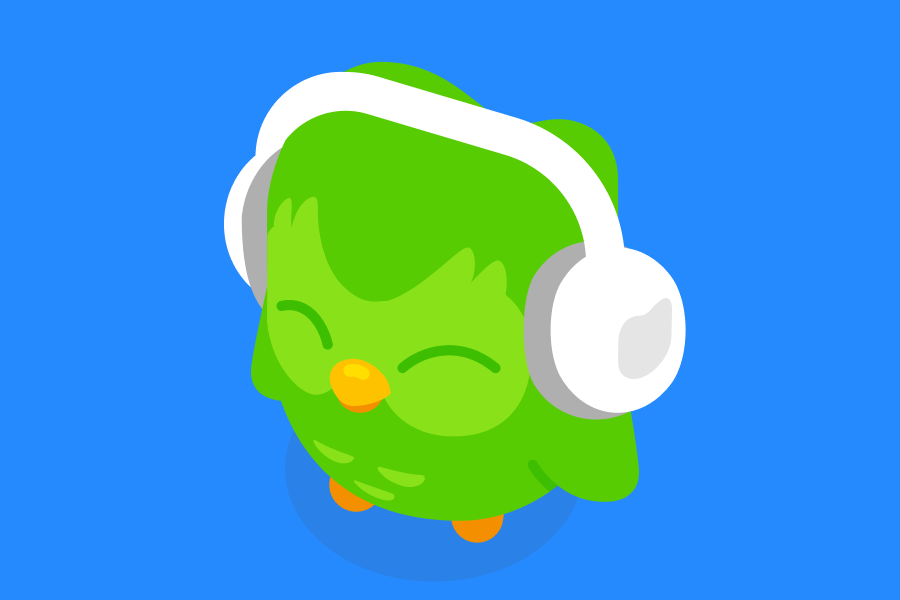You may have heard that musicians, artists, and other creative people are "right-brained," but is there any truth to it? The answer is complicated… and amazing! The reality is that music is processed in a lot of the same brain areas as language, but it uses those areas totally differently. Here are the surprising similarities between music and language in your brain!
Music and language: a tale of two brains
One way we can learn about music and language in the brain is by observing people who suffered a stroke. For example, individuals who have a stroke on the left side of their brain (called the left hemisphere) often lose their ability to speak fluently—but they typically maintain their ability to process music (and, for musicians, to create music). This happened to a Russian composer of classical music, Vissarion Shebalin, who remained active in music even after losing most of his speaking ability. These consequences of brain injuries are called aphasia.
On the other hand, there are individuals who lack the ability to process, remember, and/or produce music while having perfectly normal speech. This can happen after damage to the right hemisphere of the brain, but it can also occur in individuals with seemingly healthy brains. This situation is called amusia (which you might have heard referred to as "tone deafness"). For instance, Pope Francis has said he suffers from tone deafness despite being multilingual!
Links between music and speech in the brain
These fascinating cases suggest differences in how our brain treats music and language—but the full picture is not so simple.
First, when you look at brain activity in healthy people, mostly the same brain areas are involved whether they're listening to or creating music *or* listening to or producing speech. Researchers can actually see brain activity with tools like functional magnetic brain imaging (fMRI), so they can see activity on both the left and right sides for language and music. There are other links between language and music, too: People who are good at matching pitch by singing are (in general) also good at imitating pitch and pronunciation in language! There are certainly cases in which someone has much lower ability in either music or language, but the general pattern is for these skills to be related.
Second, the brain is more complex than simply separating “music” areas from “language" areas. For example, both sides of the brain have auditory areas for processing sounds, but each side appears to specialize in different features of sound. The right side does detailed processing of the parts of sounds that we perceive as pitch—this ability is critical for music because it helps us hear differences in high versus low notes. The left side of your brain processes rapid sound changes over time, which is what allows us to understand the fast sequence of sounds in speech. There are differences in the exact patterns of brain activity in the different auditory areas, so our brains treat music, speech, and other sounds in our environment slightly differently!
Using music research for the greater good
Our understanding of how the brain processes music and speech is always evolving, and some discoveries have led to important medical applications. For instance, aphasia, which affects language abilities, can be treated by using song to rewire the brain’s speech network. In this treatment, called melodic intonation therapy, a person who loses speech due to left-brain damage re-learns speech by singing it because singing engages the right side—harnessing the ways in which music and language are separate in the brain. Over time, the patient’s brain becomes rewired so that the speech network moves from the damaged left side to the healthy right. This re-wiring capitalizes on the similar neural connections that can be formed by both music and language. This is the therapy that was used to treat US congresswoman Gabrielle Giffords after her brain was damaged by a gunshot wound.
Music and language go hand in hand!
Ultimately music and language are distinct in many ways, but there are many connections between them in your brain. It may even be possible that training in music can help your ability to learn new languages!



